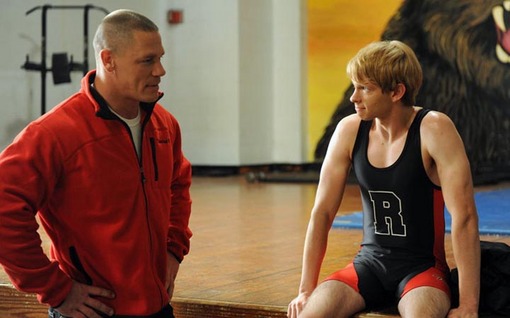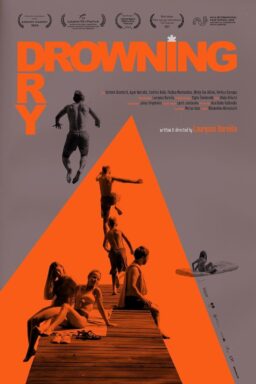This week in reviews for the Chicago Sun-Times and RogerEbert.com, I was pleased to be able to quote from Joel and Ethan Coen’s “Barton Fink” regarding the tradition of the wrestling picture in general and “Legendary” in particular:
Ah, the wrestling picture. In Joel and Ethan Coen’s “Barton Fink,” a New York playwright is lured to Hollywood (for the cash) and is assigned to write a wrestling movie for Wallace Beery at Capitol Pictures. Audrey, the companion of the great Southern novelist-turned-screenwriter and epic alcoholic Bill Mayhew, explains the formula to Barton:
“Well, usually, they’re… simple morality tales. There’s a good wrestler, and a bad wrestler whom he confronts at the end. In between, the good wrestler has a love interest or a child he has to protect. Bill would usually make the good wrestler a backwoods type, or a convict. And sometimes, instead of a waif, he’d have the wrestler protecting an idiot manchild. The studio always hated that.”
“Legendary” has most of that and lots more (minus the idiot manchild), turned inside out and all twisted up like a pretzel, but just as simple and formulaic. Yet even though this picture stars a real WWE wrestler and was produced by the new WWE Studios, it’s not just a wrestling picture. (“Big men in tights!” as another Capitol Pictures executive exclaims.) It’s a wrestling tearjerker.
Also reviewed by me: “Soul Kitchen, a goofy comedy by Fatih Akin (“Head-On” (2005), “The Edge of Heaven” (2008)).











